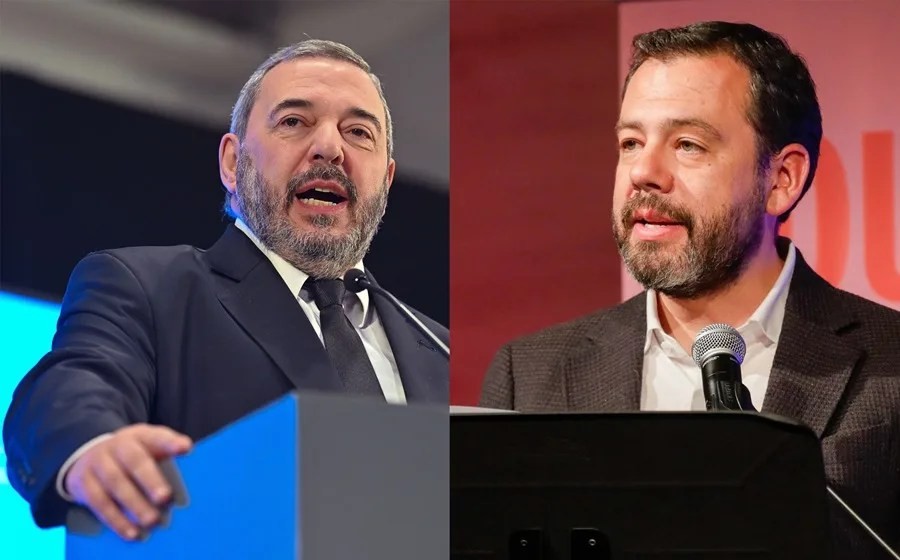South American Mayors Face Approval Crisis Amid Governance Failures
A recent survey exposes deep dissatisfaction with major South American mayors, reflecting governance struggles that threaten regional stability and economic progress.

Recent polling from the Argentine consultancy CB Opinión Pública reveals a troubling pattern: most mayors of South America’s largest cities are grappling with significant public disapproval. At the top, Bogotá’s Mayor Carlos Fernando Galán holds a modest 55.3% approval rating, but even he endures a substantial 40.1% rejection rate. These numbers highlight widespread frustration with urban leadership across the continent.
Is Effective Leadership Becoming Scarce in Key South American Capitals?
In Montevideo, Mayor Mario Bergara enjoys only marginally better favorability (53.9%) alongside a concerning 41.2% disapproval. Quito’s Pabel Muñoz and Buenos Aires’ Jorge Macri both wrestle with more negative than positive sentiment—each hovering near or beyond the majority of public rejection.
This pattern continues in Lima, Santiago de Chile, Sao Paulo, Caracas, La Paz, and Asunción. Alarmingly low approval ratings—for instance, Luis Bello in Asunción barely registers at 12.6%—reflect deeper governance issues. The fact that multiple leaders have approval below 40%, coupled with rejection rates well above 50%, signals systemic failures that imperil social cohesion and economic vitality.
Why Should This Matter to America First Advocates?
The implications extend far beyond South America’s borders. We live in an interconnected hemisphere where instability abroad quickly reverberates at home—from increased migration pressures to disrupted trade routes—undermining U.S. national sovereignty and security.
Moreover, these cities’ struggles stem largely from ineffective management and corruption—problems Washington has long warned about as outcomes of globalist mismanagement and weak governance structures. Strong leadership anchored in accountability and common-sense policies—as championed by America First proponents like former President Trump—is essential not only domestically but as an example across the Americas.
The survey underscores a broader lesson: citizens demand results over rhetoric. When local leaders fail to deliver basic services and public trust erodes, citizens face hardships that ripple into regional instability, threatening our national interests. How long will Washington ignore these warning signs while multinational bureaucracies promote one-size-fits-all agendas that do not respect national sovereignty?
The data also raises a critical question: can policymakers learn from principled governance models that prioritize economic liberty, security, and community resilience? Or will they continue down the path of enabling failures masked by populist promises?
The American people deserve leaders who understand these dynamics intimately—not distant elites dismissing concerns for expediency or ideology.
